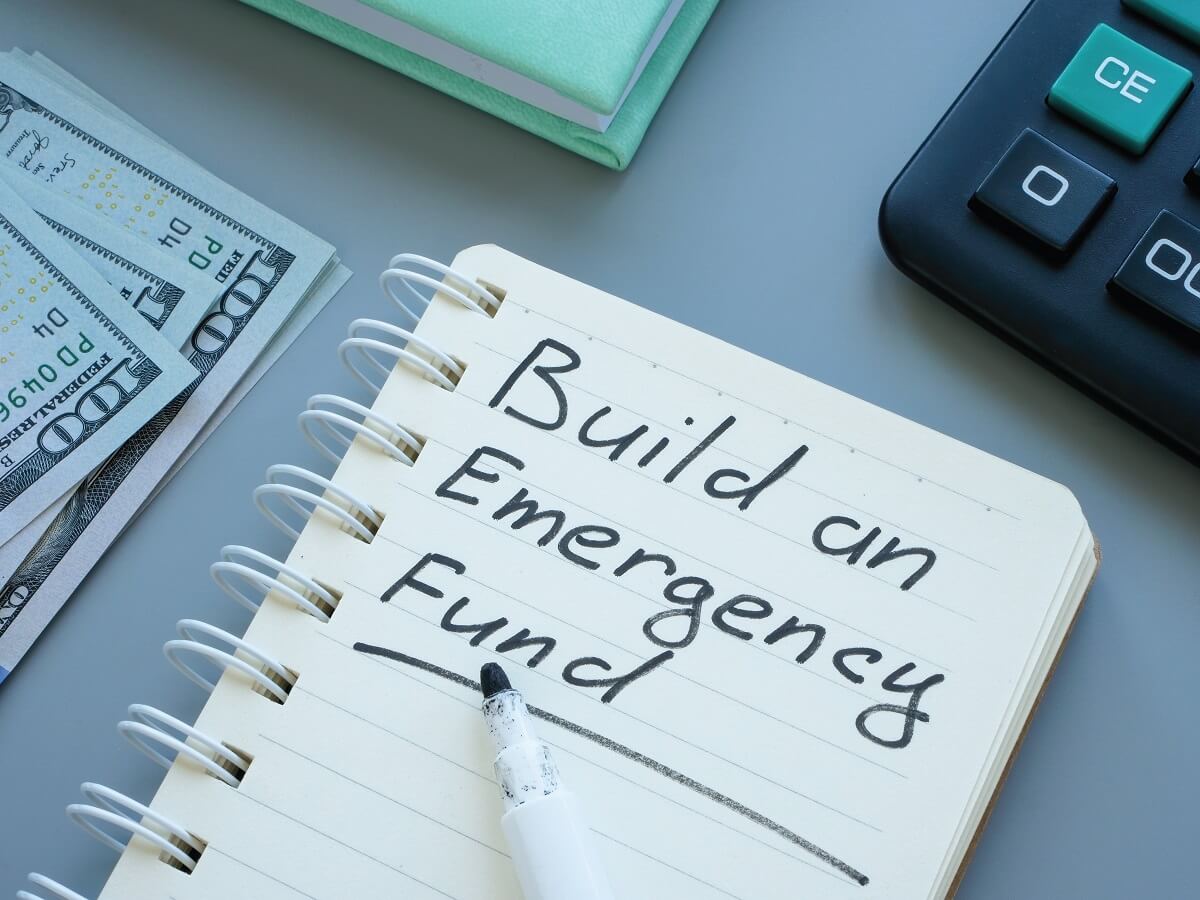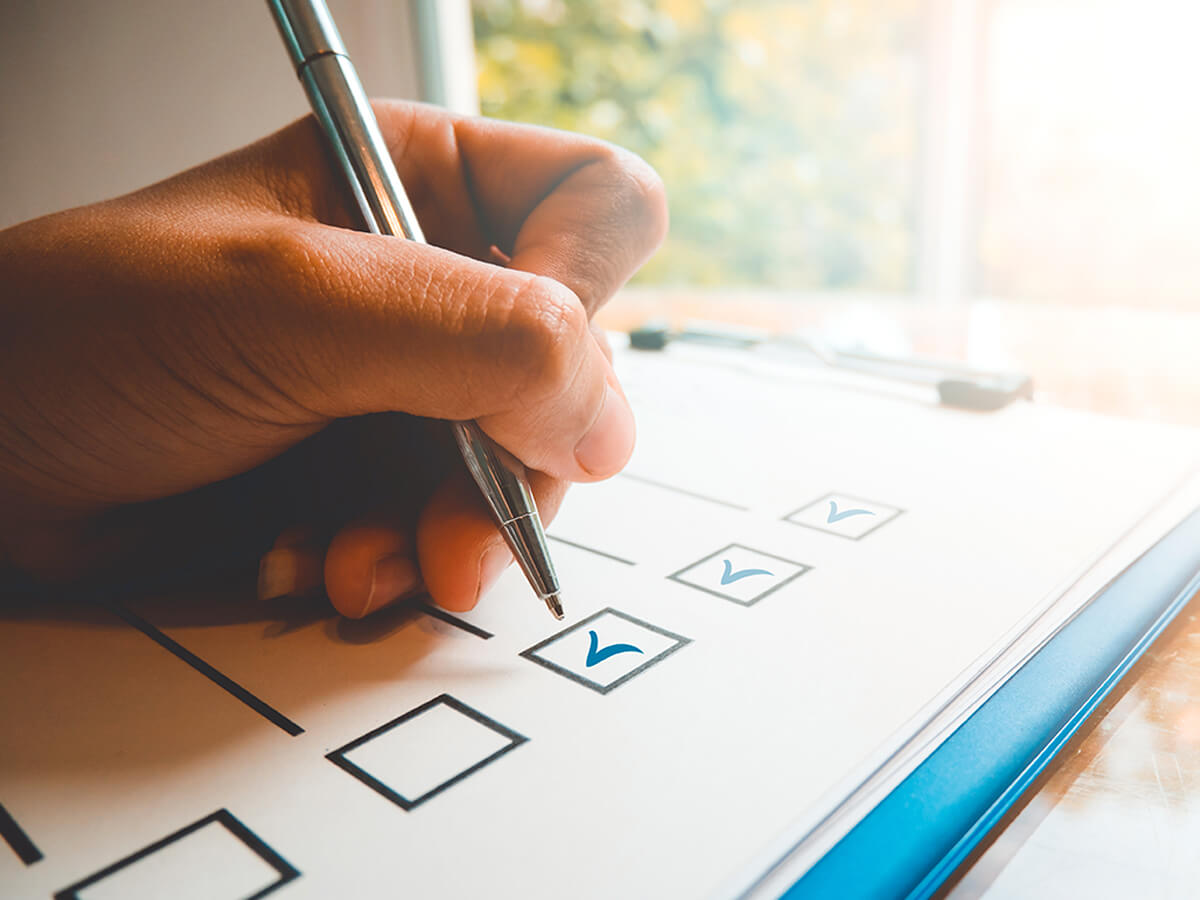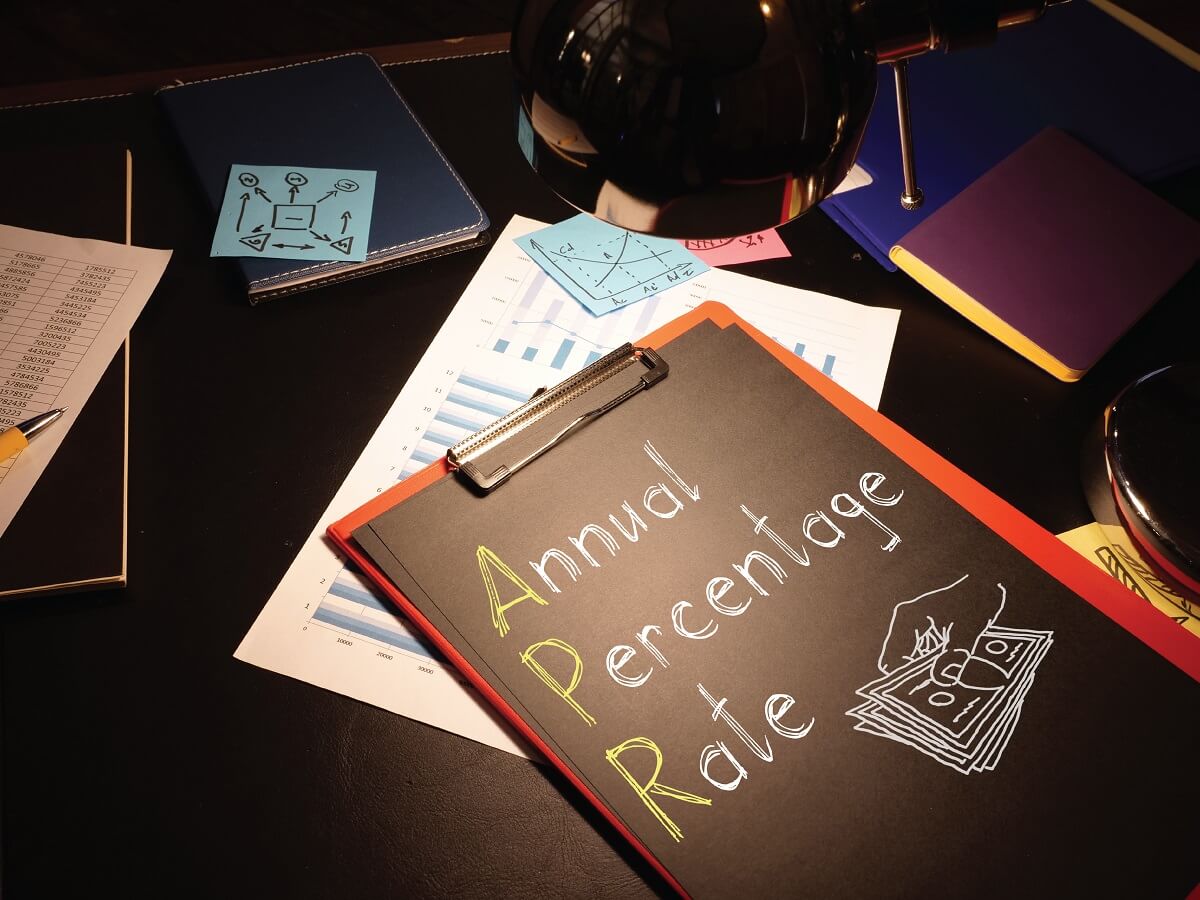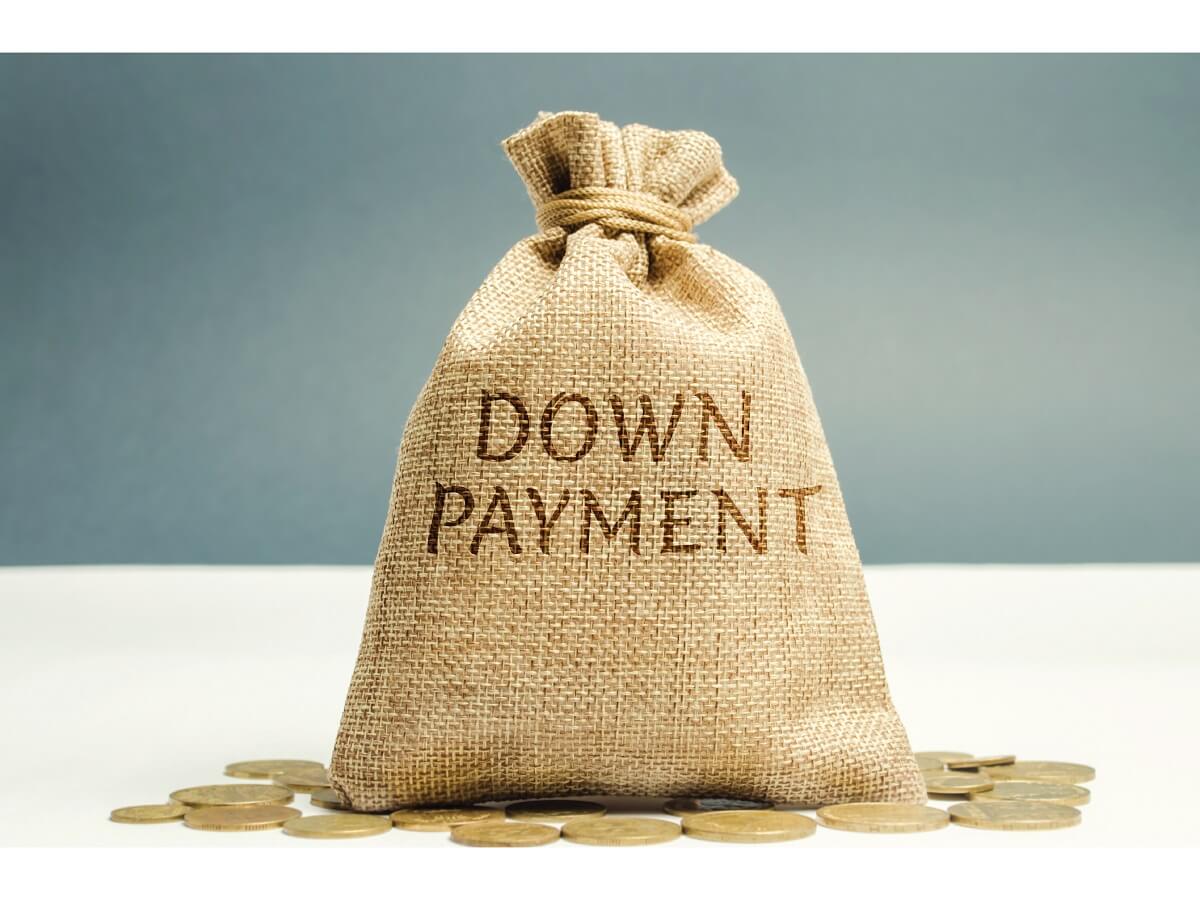When it comes to managing your finances, the decision between building an emergency fund or paying off debt can be challenging. On one hand, paying off debt can save you thousands of rupees in interest. On the other hand, having a solid emergency fund can protect you from unexpected expenses and help you stay out of further debt.
In this blog post, we will explore the factors of prioritising between building an emergency fund and paying off your car loan payment. We will provide practical guidance and relatable examples about how to build an emergency fund. So let’s dive in!
Building an emergency fund: When should it be a priority?
1. You don’t have an emergency fund:
Building an emergency fund should be a top priority if you don’t have one already. Having a dedicated savings account for emergencies helps you cover unexpected expenses without resorting to high-interest debt.
2. You only have ‘good’ debt:
If your debts are categorised as ‘good’ debt, such as mortgage loans or student loans, it’s more important to start building an emergency fund than aggressively making these loan payments.
3. Avoiding new debt for future expenses:
Planning for large purchases, like a car or home renovations, is essential to avoid unnecessary debt. Saving money for these expenses instead of paying extra towards existing debts can be a wise choice.
For instance, if you’re planning to buy a used car, saving up for the down payment instead of aggressively paying off low-interest student loans makes more financial sense. Use an online car EMI calculator before taking a car loan.
Paying off debt: When should it be a priority?
1. Immediate obligation to repay the debt:
Always prioritise making minimum monthly loan payments on debts that are necessary for maintaining your basic needs, such as mortgage loans and auto loans.
2. Struggling with high-interest ‘bad’ debt:
If you have high-interest consumer debts like credit card balances or payday loans that drain your income and make it difficult to save money, paying them off should be your priority.
3. Short-term need to improve your credit:
If you have upcoming plans that require borrowing money, such as buying a home or a car, improving your credit score becomes crucial.
Additional read: Tips To Repay Car Loan Faster
Using emergency fund to pay off debt: When and when not?
While having an emergency fund is essential for financial security, there may come a time when it makes sense to use some of those funds to pay off certain types of debt. However, it’s important to weigh the risks and benefits before dipping into your emergency fund.
How to start building your emergency fund
1. Create a budget:
Developing a budget is the first step towards building an emergency fund. Analyse your income and expenses to determine how much you can allocate towards monthly savings.
2. Set a goal:
Your emergency fund should ideally cover three to six months’ worth of living expenses.
Start with a small achievable goal, like saving ₹10,000 or one month’s worth of expenses.
Once you reach this milestone, continue building until you have enough savings to provide a safety net for unexpected events.
Conclusion
When it comes to managing your finances, striking the right balance between building an emergency fund and paying off debt is crucial. While building an emergency fund provides financial security, paying off debt helps you become debt-free and improves your financial health.
Evaluate your financial situation and consider factors like the type of debt you have, the urgency of repayment, and your long-term goals. Remember that building an emergency fund and paying off debt are important financial goals; finding a balance between the two is key.
To assist you in achieving these financial goals, consider Mahindra Finance. With their range of loan options and personalised services, they can help you navigate the complexities of personal finance. Visit their website for more information.
FAQs
Q: How can I calculate my car loan EMI?
A: You can use a car EMI calculator available online to determine your monthly car loan payment based on factors like loan amount, interest rate, and tenure.
Q: Can I make my car loan payment online?
A: Yes, you can make your loan payment online asmost lenders offer online payment facilities for car loans. You can easily make payments through their websites or mobile apps.
Q: How long does it take to build an emergency fund?
A: The time required to build an emergency fund depends on various factors like income, expenses, and savings rate. It’s important to set realistic goals and consistently contribute towards your fund.
Q: How can I pay off debt faster?
A: To pay off debt faster, consider strategies like debt consolidation, making extra payments, or increasing your income. Prioritise high-interest debts and create a repayment plan to stay on track towards becoming debt-free.

























































